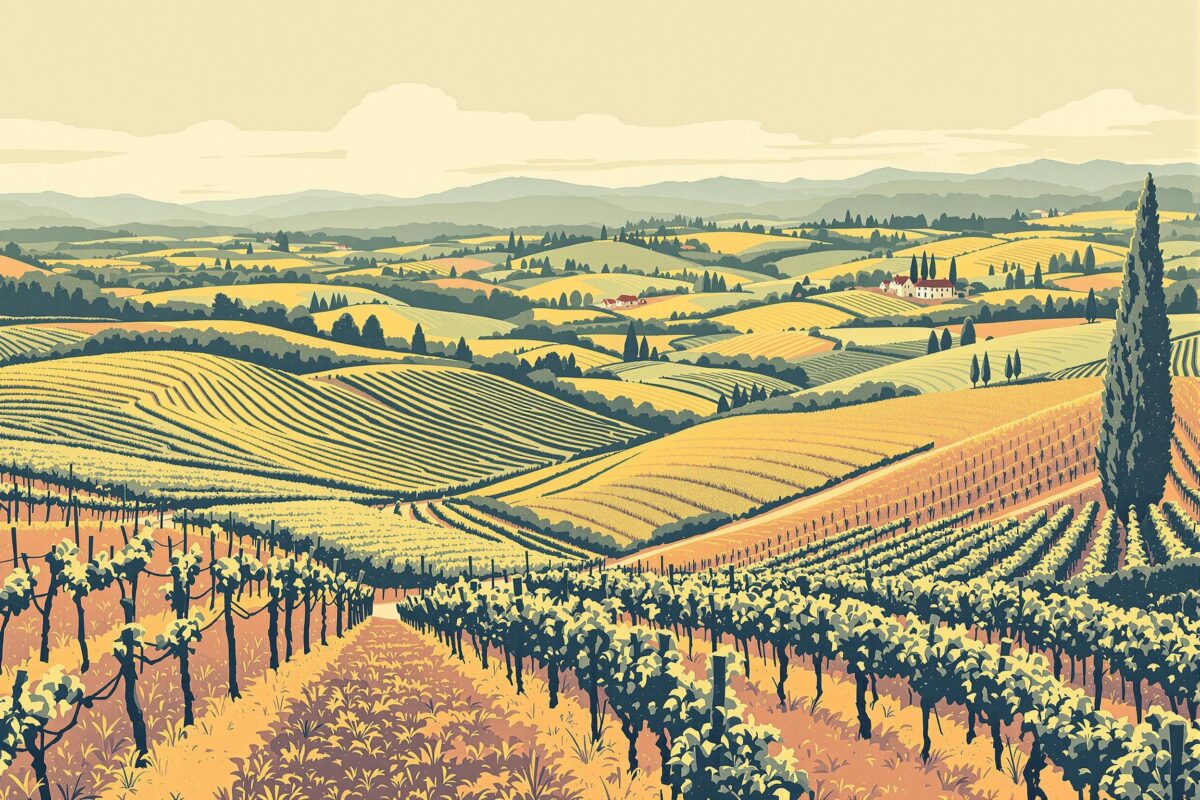The Decline of Wine in France: A Multisectoral Impact
France, a country practically synonymous with wine, is experiencing a fascinating paradox: a significant drop in domestic wine consumption. This isn’t just a fleeting trend; it’s a seismic shift impacting the entire French wine industry and beyond. Recent data paints a stark picture, revealing a 6% decrease in wine sales—a clear signal of changing consumer preferences influenced by generational divides and evolving economic realities. What drives this change, and how can the industry adapt? Let’s uncork the details.
Trend Analysis: Evolving Generational Priorities Altering Consumption Habits
Younger generations, particularly Gen Z and Millennials, are at the heart of this shift. Their drinking habits differ markedly from previous generations. Health and wellness are top priorities, leading many to embrace moderation or even alcohol-free alternatives. The rise of the “NoLo” (no- and low-alcohol) market, featuring non-alcoholic and low-alcohol beers, wines, and spirits, addresses this growing demand. This isn’t a fad; it’s a fundamental shift in lifestyle choices, challenging the very foundation of the French wine industry, long reliant on robust domestic consumption. The industry must adapt its marketing and product offerings to capture these evolving preferences.
In-Depth Cause & Market Challenges: Overproduction, Cultural Dynamics & Economic Pressures
The decline in French wine consumption isn’t solely a generational story. Overproduction has created a glut, impacting prices, straining storage capacities, and threatening the economic stability of wine producers. This surplus, coupled with decreased demand, intensifies the challenges facing vineyards. Culturally, wine’s historical centrality in French life is waning among younger generations. Health concerns are driving some away from regular alcohol consumption, and economic uncertainties impact spending on non-essentials like wine. Even societal anxieties, reflected in recent protests and social movements, indirectly influence consumption patterns. The industry must confront these complex, interconnected factors head-on.
Innovative Options: Bioethanol, Organic Wines & the Rise of NoLo
How can the French wine industry respond? Innovation is key. One avenue is repurposing surplus wine for bioethanol production, a renewable fuel source. While still nascent within the wine sector, bioethanol represents a potential solution to overproduction and an opportunity to contribute to sustainable energy. Another key innovation lies in organic and sustainable viticulture, appealing to environmentally and health-conscious consumers. Finally, embracing the NoLo market allows wineries to cater directly to evolving preferences and maintain consumer engagement, even as traditional wine consumption declines.
Detailed Trend Comparisons: Metrics Behind the Decline
Data reveals a clear downward trend in per capita wine consumption over recent decades, particularly among younger age groups. The NoLo market share is surging, and consumer spending is shifting toward craft beers, spirits, and non-alcoholic beverages. Economic indicators like disposable income and consumer price indices provide further context. While interactive graphs and regional data analysis are beyond the scope of this text-based analysis, imagine the insights they could reveal! This data underscores the need for informed, proactive strategies.
Future Directions: Expert Recommendations & Consumer Strategies
Experts advise the French wine industry to prioritize diversification and innovation: investing in NoLo products, adopting sustainable practices, and exploring alternative uses for surplus wine. Focusing on quality over quantity is crucial, appealing to discerning consumers with premium, terroir-driven wines. Targeted marketing campaigns, especially towards younger demographics, should highlight the versatility and responsible enjoyment of wine. Consumers, in turn, can support sustainable wineries and embrace mindful drinking. Businesses like TourDeWine, specializing in collectible wines, can focus on quality, rarity, and investment potential, catering to connoisseurs who appreciate enduring value and craftsmanship. By working together, the industry and consumers can ensure a vibrant future for French wine, even in the face of change.
